

Global CEOs also feel that China's trade, financial and tax environment is less competitive than that of US, Germany and Japan. Though China's corporate tax is slightly lower than the global average, many CEOs think the government's non-tax revenues are not included. Some experts say if all hidden costs were considered, China's tax burden would exceed 40 percent.
In January, the French tire maker Michelin Group decided to invest $1.5 billion, its largest single investment in China, to open a factory in Shenyang, capital of Liaoning province.
Asked if rising labor costs were a concern for the factory, Michelin's executives said China's huge market demand is "tempting" enough to offset the impact of a cost rise.
"As one of Michelin Group's most important markets, we will meet the diversified demands of local consumers through our innovative technologies and products, especially in the high-performance sector," said Jean-Dominique Senard, president of Michelin Group.
Michelin Group's Shenyang investment demonstrates how foreign manufacturers are still scrambling to enter the Chinese market despite rising labor costs.
China overtook the US as the world's biggest car market in 2010. In 2012, China's automobile sales rose by 4.3 percent, the lowest growth in several years, amid slowing economic growth and restrictions on auto purchases.
But not all manufacturers have the confidence that growing domestic demand will offset rising labor costs. A report by international accounting firm Grant Thornton in February revealed that 61 percent of the businesses in China cite shortage of general workers as their primary problem, while 55 percent cite a shortage of technical skills as a major concern.
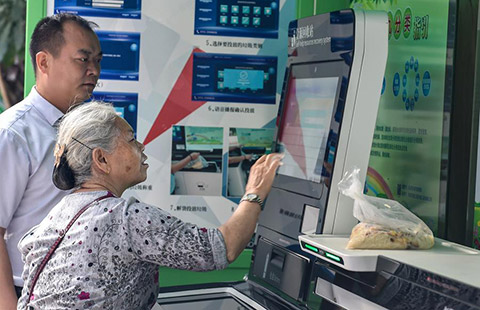 Garbage disposal in S China's Guangdong
Garbage disposal in S China's Guangdong
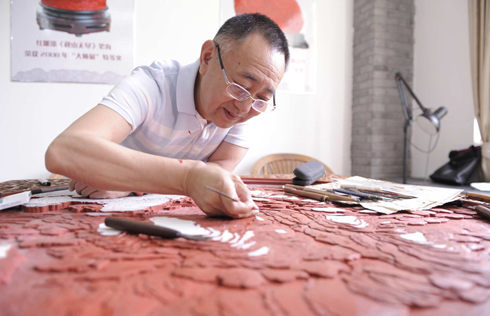 Jiangsu craftsmen in the spotlight
Jiangsu craftsmen in the spotlight
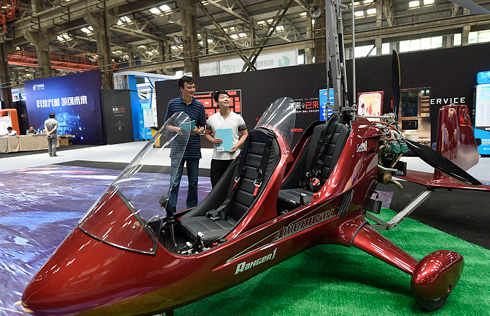 A glimpse of a smart future in Hangzhou
A glimpse of a smart future in Hangzhou
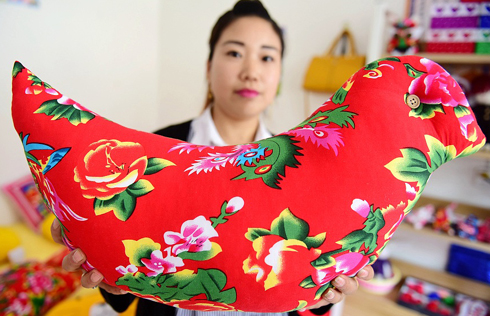 Single mom to make traditional handicrafts popular tourism items
Single mom to make traditional handicrafts popular tourism items
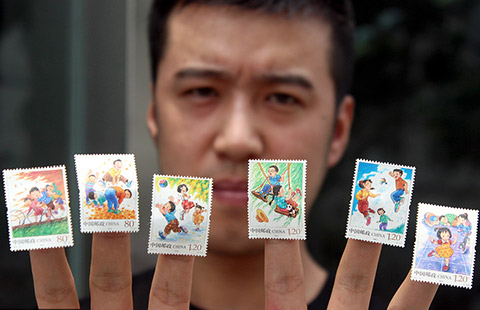 China Post issues stamps to celebrate Children's Day
China Post issues stamps to celebrate Children's Day
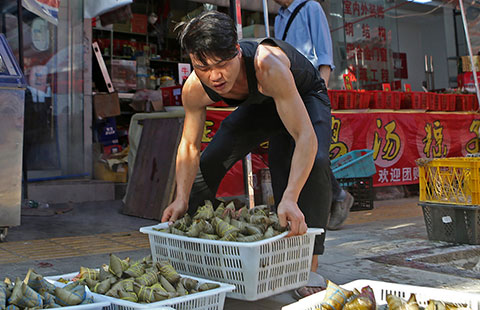 Live streaming boosts zongzi sales
Live streaming boosts zongzi sales
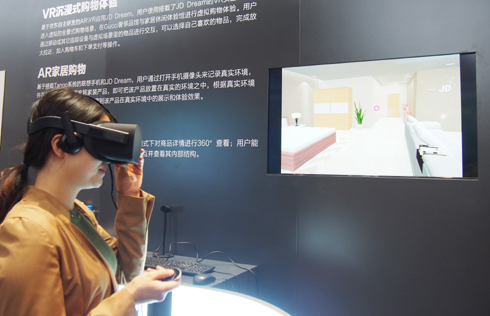 Big Data Expo opens
Big Data Expo opens
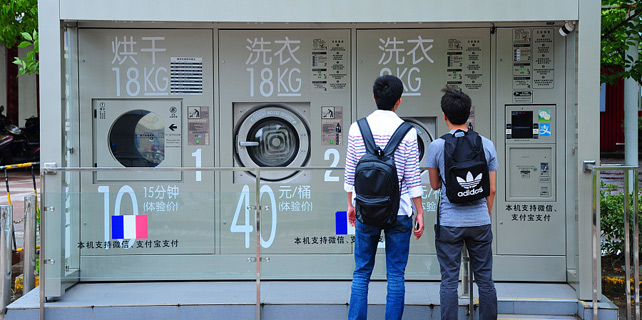 Smart sharing washing machines available in Shanghai
Smart sharing washing machines available in Shanghai